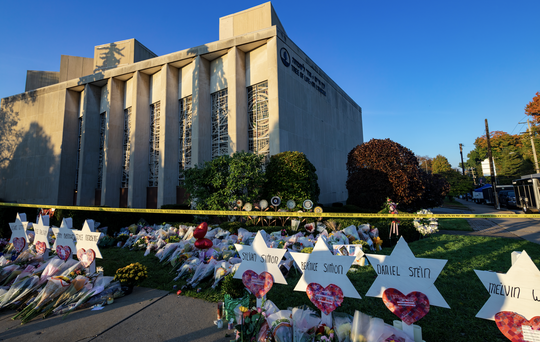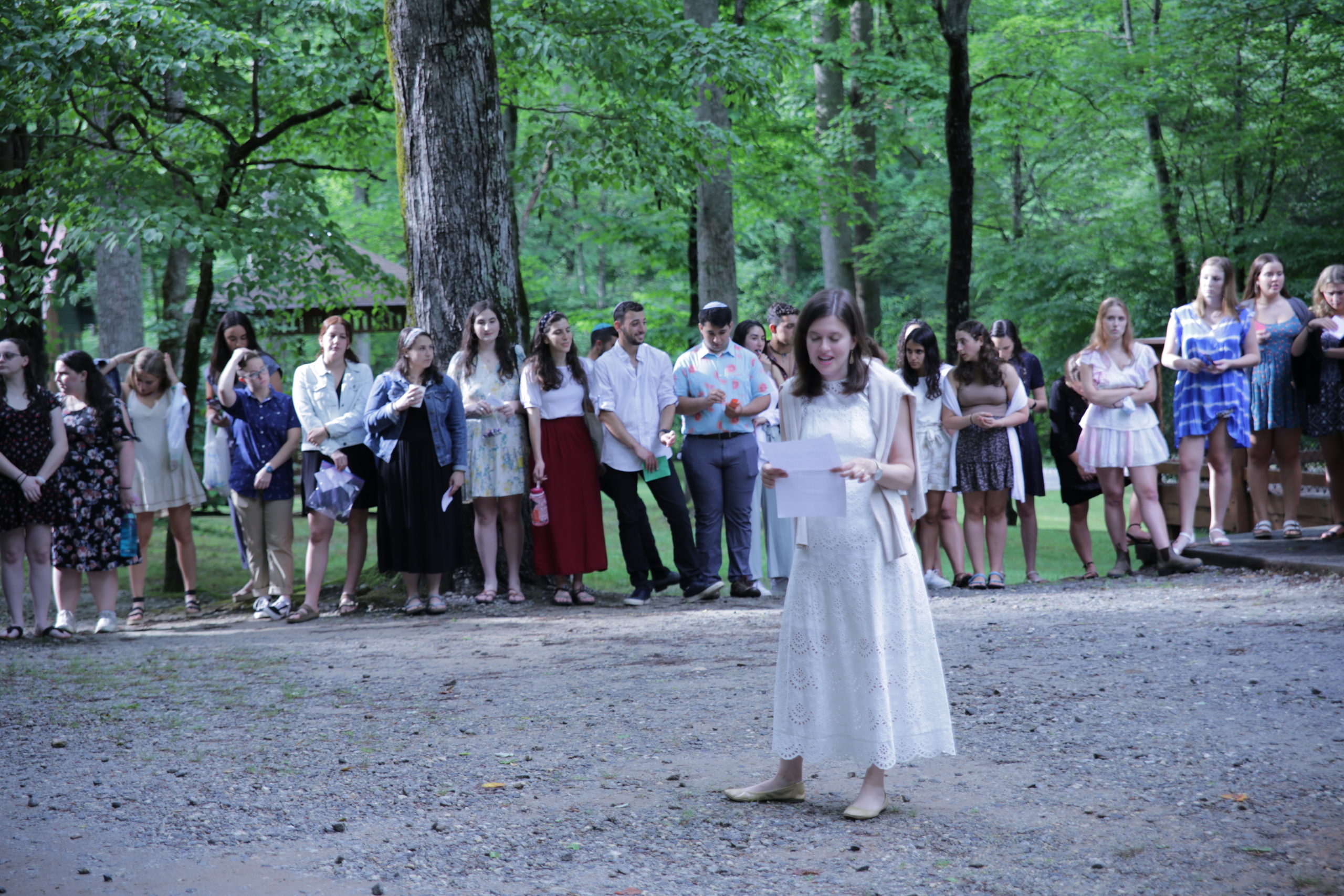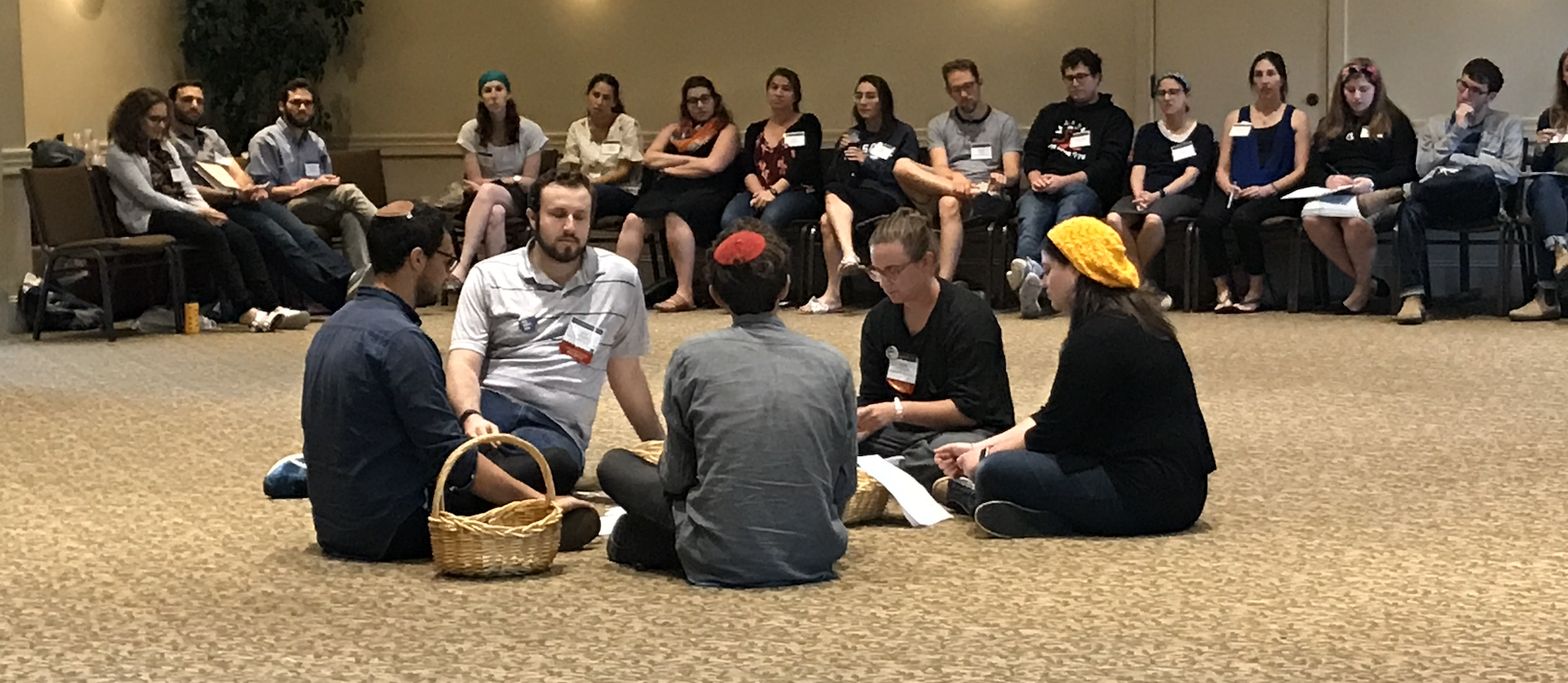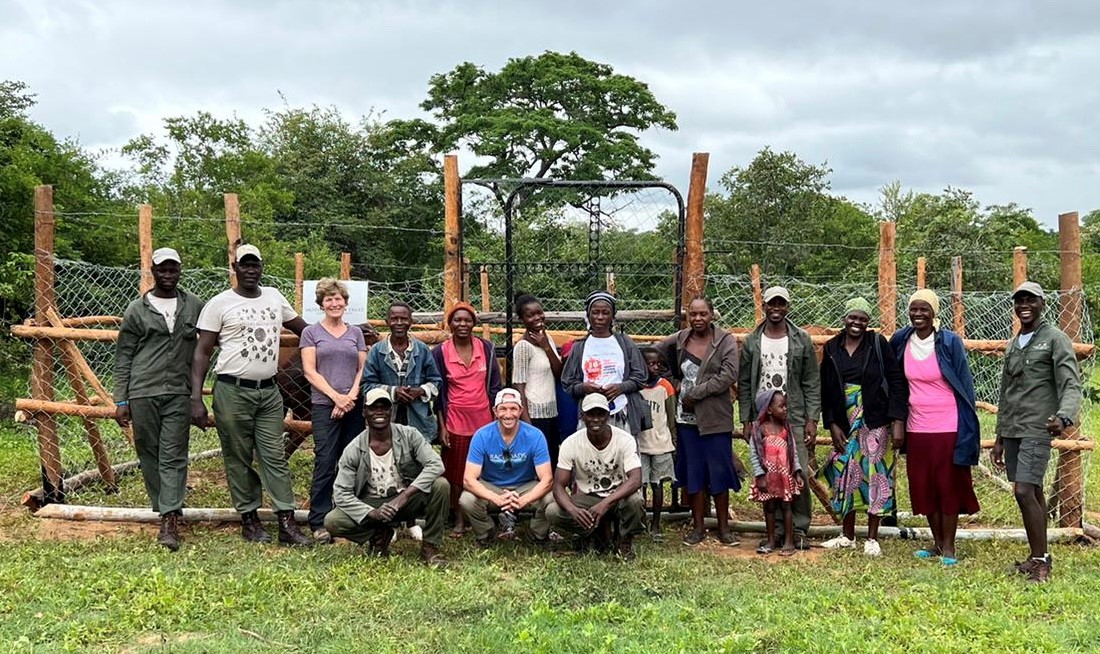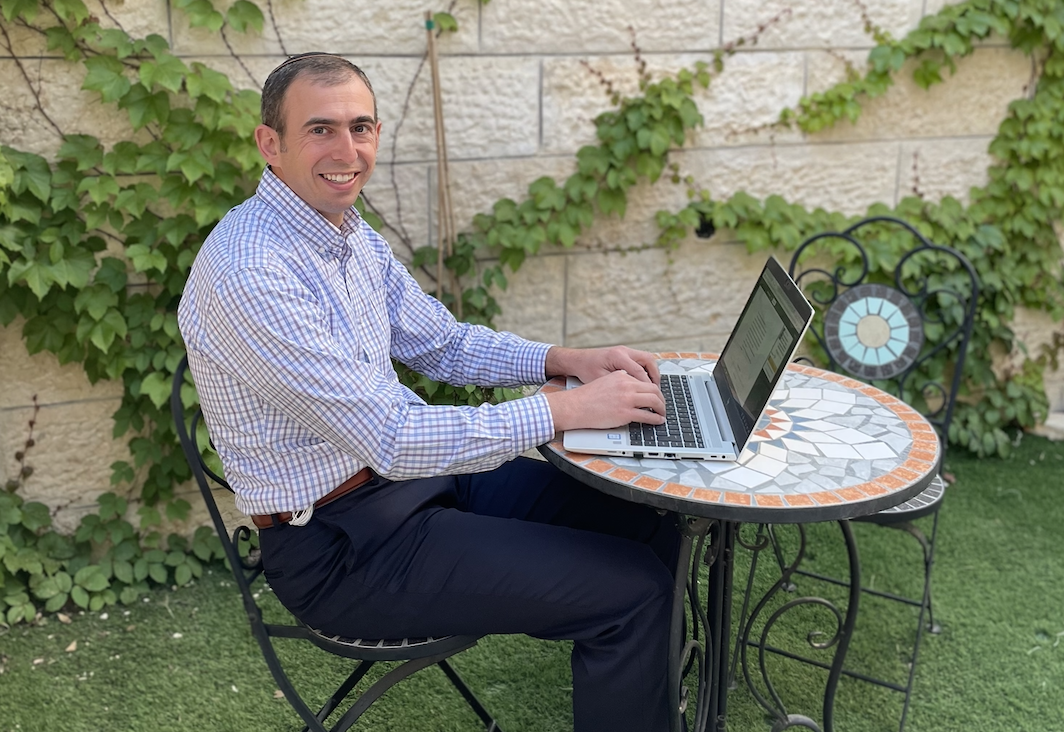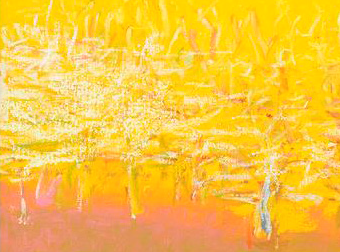The Latest From The Foundation
Dispatches from the network and updates from the Foundation.
Like many of you, I’m sure, I am driven, focused, and ambitious. As my best friend likes to say, I don’t meander! Maybe it’s the New Yorker in me, but I want to get from point A to point B as efficiently as possible. It turns out that to keep my sanity, I needed to start taking the long way.
The truth is, I know that I probably would not have applied had the pandemic not happened, and so I am grateful for this silver lining in the cloudy COVID-19 days. This forced change that we all endured inspired to me to listen to my heart and consider what change and impact I wanted to make in the Jewish world.
Looking back on the past 34 years since the fellowship launched, we feel tremendous pride – in our Alumni, in our current Fellows, and in the program itself. And we know it’s time for a change.
16
May 2022
Career Changes as Realization of Individual Occupational Identity
WIF Alum Tal Korman (Class 14)
The power of career changes in the new occupational world, which emphasizes abilities and projects rather than skills and trades, lies in the fact that nothing is ever lost.
12
May 2022
There is No Shortcut to Learning Skills…. or Finding Happiness
WHP Alum Gordon Hecker (Columbus 00)
One of the toughest decisions that we will all need to make at different points in our careers is to know when to declare victory and move on. When is the right time to go?
When I embarked on my transition, I was looking forward to reaching my next destination. Six years later, I have realized that there is a deep value in holding on to the experience of transition itself. With the discomfort of transition comes a unique brand of wisdom and perspective.
We accepted the responsibility to bind ourselves to the covenant. Our values invite us to reach deeply into our souls to become our best selves, to be concerned with the needs of others beyond our home, beyond our community.
Gratitude, the basic, fundamental awareness of the good we receive, the gift of life that is bestowed upon us wholly undeserved on our part, is something our sages tried hard to cultivate across generations. And I submit gratitude is not a simple concept.
The development and implementation of an organizational ethical culture ought to be cemented with an ethical code, such that includes values and rules of conduct, and be overseen by a dedicated entity for the assimilation – and revision – of the ethical code in the organization and for consulting on ethical dilemmas.
I would like to argue for the centrality of hope as a core Jewish value and then consider the value of hope from the perspective of leadership...hope fuels the capacity to envision the future we want and supplies us with the energy to build it – no matter how long it takes. In contrast to optimism, the tendency to merely forecast positive outcomes, hope involves the ongoing struggle to bring those outcomes about.
Video Categories
- Activism
- Antisemitism
- Climate Change
- Community
- COVID-19
- Crisis Leadership
- Education
- Elul
- Foundation Moments
- Gender
- Holidays
- Holocaust
- Israel
- Leadership through Torah
- Loss
- Politics
- Wexner Field Fellowship
- Wexner Graduate Fellowship/Davidson Scholars Program
- Wexner Heritage Program Seminars
- Wexner Israel Fellowship
- Wexner Senior Leaders
- Wexner Service Corps
- Wexner Summits
Blog Categories
- _About (12)
- _Alumni (6)
- _Core (3)
- _Landing Pages (34)
- _Programs (14)
- _Resources (5)
- _Summits (6)
- Antisemitism (7)
- Climate Change (13)
- COVID-19 (11)
- Difficult Conversations (21)
- Education (4)
- Gender (6)
- General News (144)
- Holocaust (3)
- Innovative Projects (268)
- Intergenerational Communication (6)
- Israel (159)
- Judaism in Online Spaces (11)
- Lessons in Leadership (240)
- Life’s Leadership Moments (294)
- Mentorship (54)
- Peoplehood (154)
- Play (7)
- Pluralism (3)
- Politics (10)
- Power (14)
- Professional Growth (34)
- Racial Justice (10)
- Self-care (25)
- Social Justice/Tikkun Olam (59)
- Summit Seeds (3)
- Text/Holidays (150)
- Uncategorized (6)
- Values and Ethics (24)
- WexFactor (8)
- Wexner Davidson Fellowship (1)
- Wexner Field Fellowship (27)
- Wexner Graduate Fellowship/Davidson Scholars Program (89)
- Wexner Heritage Program (99)
- Wexner Israel Fellowship (47)
- Wexner Senior Leaders (22)
- Wexner Service Corps (4)
- World conflicts (8)
